Developing an App for Kenya’s Smallholder Tea Farmers
Our innovation manager visits tea farmers in Kenya to develop helpful technology.... Continue Reading
We work across East Africa, where global warming has already begun to dramatically alter the lives of rural farming communities. Severe droughts and changing rainfall patterns are wreaking havoc on crop yields, threatening farmers' livelihoods, regional food security, and remaining biodiversity hotspots.
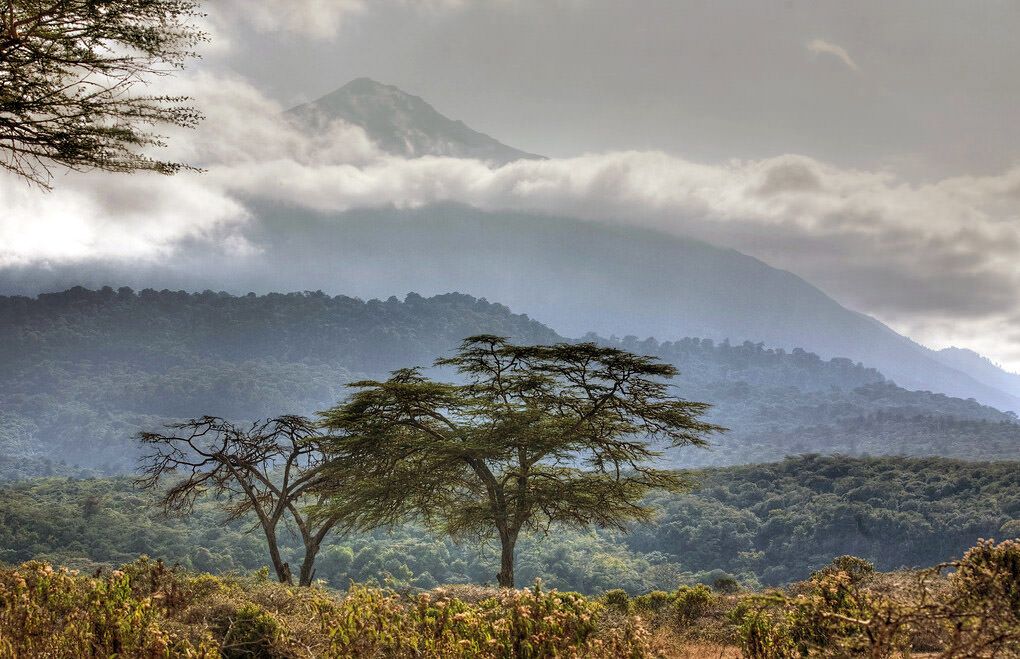
East Africa is not just a region of vast savannas—it also contains several tropical forests, including the eastern portion of the Congo rainforest. The region’s critical deforestation crisis is driven by population growth, unscrupulous timber extraction, and agricultural conversion—resulting in the loss of 9.3 percent of its forest cover from 2001 – 2009 alone.
We are working in vulnerable landscapes in East Africa to restore the balance between coffee and tea farming communities and the forests around them. Research shows that supporting the economic health of these communities is crucial to forest conservation.
![]()
earned by workers on certified tea farms in Kenya*
In Kenya, workers on Rainforest Alliance Certified tea farms earned 50 percent more per kg plucked tea than workers on non-certified farms, according to a recent study of 250 farmers in Kenya. Read the report
*Source: 2013. Poverty impact of social and environmental voluntary standards systems in Kenyan tea. Natural Resources Institute, University of Greenwich, London.
![]()
in probability of forest conservation that is attributable to certification
Researchers used remote sensing data from 2005 and 2010 to compare deforestation rates on 240 coffee plots. The results showed that Rainforest Alliance certification increased the probability of forest conservation on coffee farms by 19.3 percent. Read the report
We work with tea and coffee farmers across East Africa to advance sustainable agricultural practices across vulnerable landscapes and watersheds. Through training and certification, we help farmers protect the last standing tracts of forest from agricultural conversion and safeguard the health of streams and rivers.

Our innovation manager visits tea farmers in Kenya to develop helpful technology.... Continue Reading
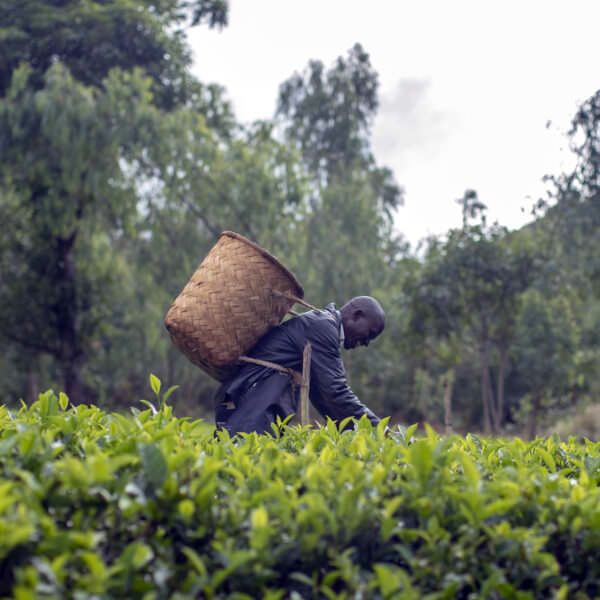
When filmmakers Sydelle Willow Smith and Rowan Pybus shot a documentary about a Zambian activist in 2012, they soon realized the activist’s own community had no way to view the film, since in much of southern Africa, movie theaters are few and far between, and tend to feature Hollywood blockbusters.
That’s why in 2013 the South African-based husband-and-wife team created Sunshine Cinema, an organization that builds solar-powered mobile cinemas, and trains youth activists to use these “sun...... Continue Reading
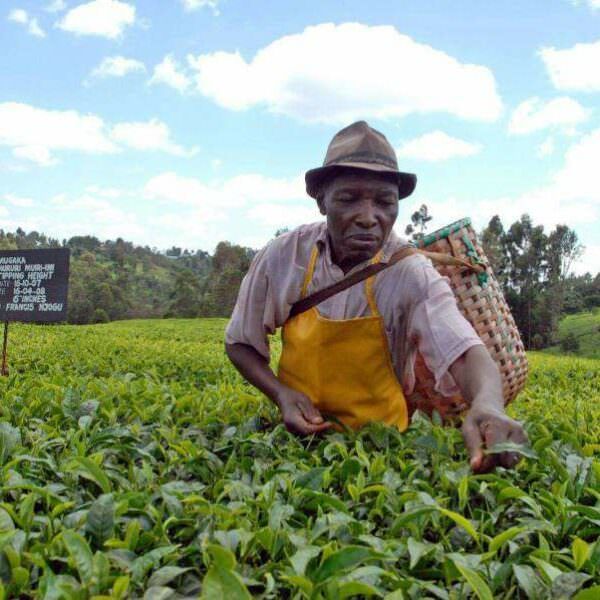
A new project will help 50,000 Kenyan tea farmers save money, cut emissions, and create healthier homes.... Continue Reading
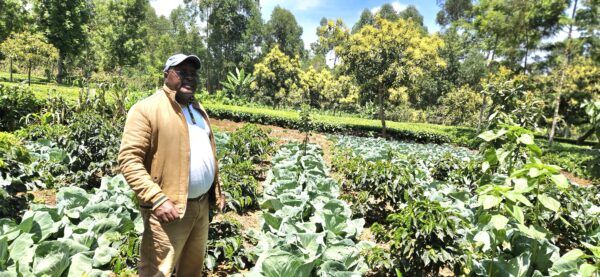
What does successful regenerative agriculture look like? We spoke to two farmers around Mount Kenya to better understand how this method has added to their farms and lives. ... Continue Reading

The Rainforest Alliance in Kenya and Clarmondial announce a collaboration to execute a catalytic pilot investment for the Biosphere Integrity Fund in the Mount Kenya landscape.
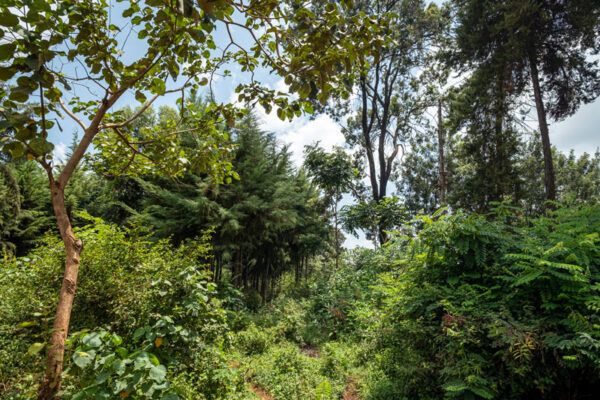
According to a United Nations report, approximately 12 million people in Kenya live on degraded land and food productivity has fallen behind the rate of population growth. This has resulted in farmland extending up the mountain and encroaching into protected forests.... Continue Reading
Sponsored by 1000 Landscapes for 1 Billion People, this article highlights how the Rainforest Alliance helps farmers in Mount Kenya transition to regenerative practices, contributing to landscape restoration, biodiversity conservation, climate resilience, and improved livelihoods.

This policy has been developed to align the requirements of the Rainforest Alliance 2020 Farm Standard with the context of Tea farming operations in Kenya. It is applicable to both Rainforest Alliance Farm Certificate Holders and Certification Bodies operating in the Tea Sector in Kenya.
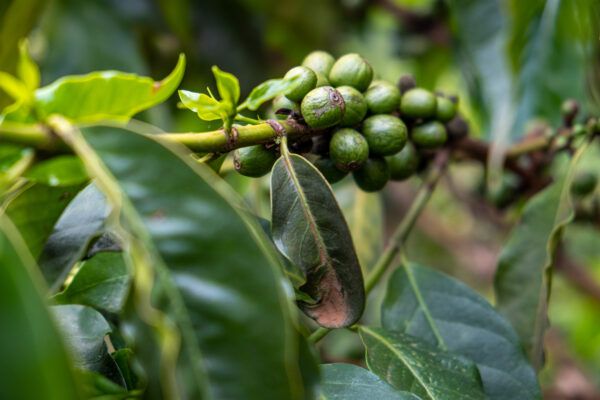
In the coffee-producing highlands of Gusii, western Kenya, the Rainforest Alliance is working with smallholder farmers and local supply-chain actors to create healthy and productive farms, restore fragile ecosystems, and boost farmer incomes.... Continue Reading